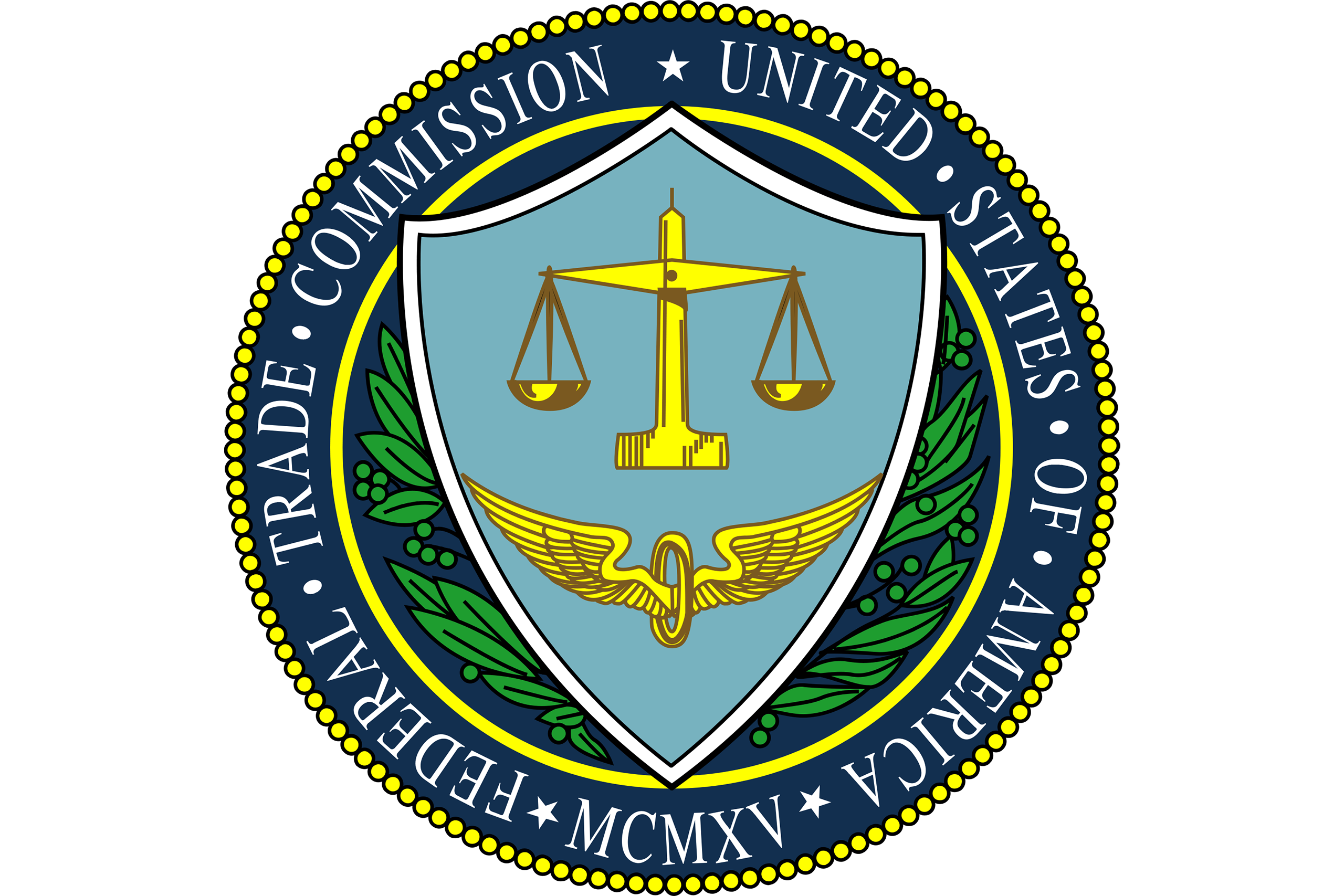FTC Non-compete Ban Halted
As of Aug. 21, the Northern District of Texas ...
Changing Weather Patterns: How the Climate Crisis Impacts America’s Cemeteries
By Jill Golden Published in the July 2023 Issue ...
When That Call Comes In, Will You Be Ready? Preparing Your Cemetery to Serve the Needs of Families
By David Line Published in the January 2023 Issue ...
Convincing Outsiders to Take the Leap: Attracting the Next Generation of Deathcare Leadership
By Daniel M. Isard, MSFS Published in the July ...
U.S. Department of Labor Finalizes New Overtime Payment Requirements
It's been a busy week in Washington, D.C., with ...
FTC Finalizes Rule on Noncompete Agreements: Implications for ICCFA Members
On April 23, 2024, the United States Federal Trade ...
Washington Update: Senate Confirms Balance of FTC Commissioners
On March 7, the U.S. Senate confirmed by voice ...
Empowering Connections: The ICCFA Annual Convention’s Role in My Professional Journey
by Jennifer Olvera, CCE Manager of Community Engagement and ...
ICCFA Phone System Undergoing Changes February 15-16, 2024
The ICCFA is excited to share that a new ...
Sell, Sell, Sell! Baby Boomers are Looking to Make an Exit
By Zach Mayer Published in the February 2023 Issue ...
FTC Sends Warning Letters to Funeral Homes After First Undercover Phone Sweep
On January 25, 2024, the Federal Trade Commission (FTC) announced ...
‘We Don’t Want a Funeral’ Give Families What They Need, Not What They Want
By Glenda Stansbury Published in the May 2022 Issue ...












